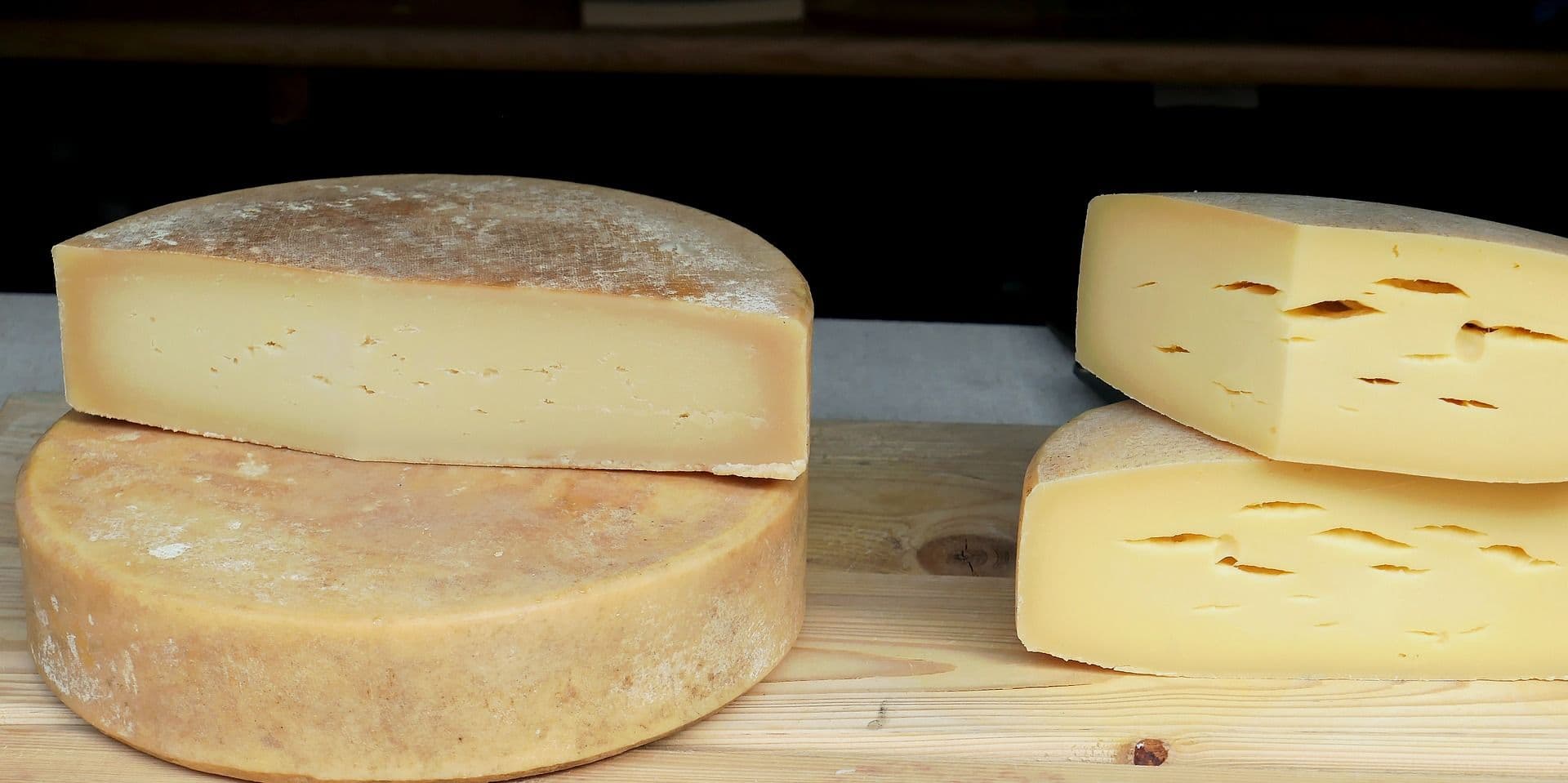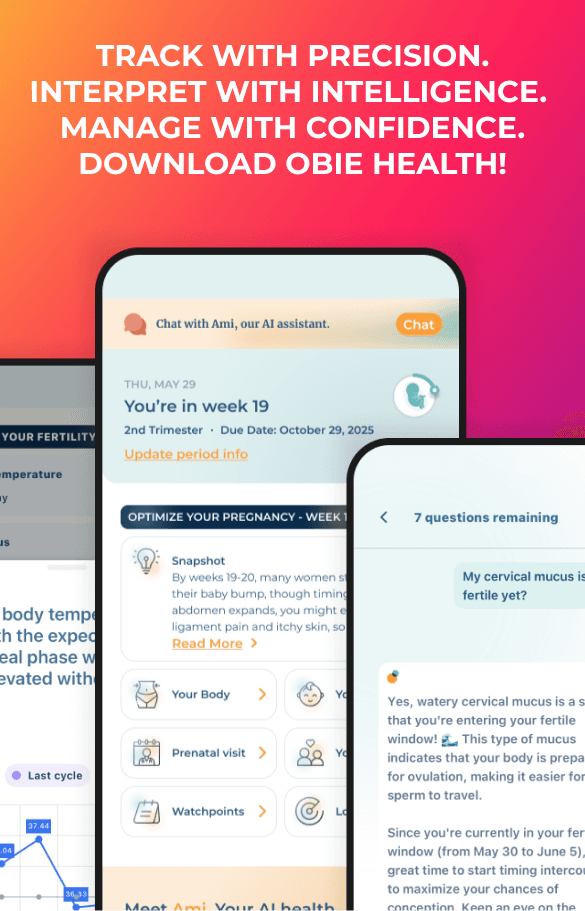Can I Eat Cheese During Pregnancy?
Food and Nutrition
Obie Editorial Team

Is it safe to eat cheese during pregnancy?
Although there are certain types of cheese you can safely eat while pregnant, there are other kinds that pose a risk to you and your growing baby. You should not eat certain soft cheeses such as feta, Brie, Camembert, blue-veined, and Mexican-style cheese during pregnancy because of the risk of becoming infected with "listeria." Listeria is a bacterium that can infect and kill the fetus.
The CDC suggests the following to reduce your risk for listeriosis:
- Thoroughly cook raw food from animal sources, such as beef, pork, or poultry.
- Wash raw vegetables thoroughly before eating.
- Keep uncooked meats separate from vegetables and from cooked foods and ready-to-eat foods.
- Only eat pasteurized cheeses, preferably packaged
- Avoid raw (unpasteurized) milk or foods made from raw milk.
- Wash hands, knives, and cutting boards after handling uncooked foods.
- Recommendations for persons at high risk, such as pregnant women and persons with weakened immune systems, in addition to the recommendations listed above: Avoid soft cheeses such as feta, Brie, Camembert, blue-veined, and Mexican-style cheese.
- Hard cheeses, processed cheeses, cream cheese, cottage cheese, and yogurt re generally safe if they are pasteurized and not made from raw milk and need not be avoided.
- Left-over foods or ready-to-eat foods, such as hot dogs, should be cooked until steaming hot before hating.
Can I eat cream cheese in pregnancy?
It is safe for a pregnant woman to eat cream cheese in pregnancy because it is usually pasteurized and therefore free of Listeria. In addition, cream cheese is a soft spread, not really cheese. Do not eat cream cheese made from raw or unpasteurized milk.
Although the risk of listeriosis associated with foods from deli counters is relatively low, pregnant women and immunosuppressed persons may choose to avoid these foods or thoroughly reheat cold cuts before eating.









